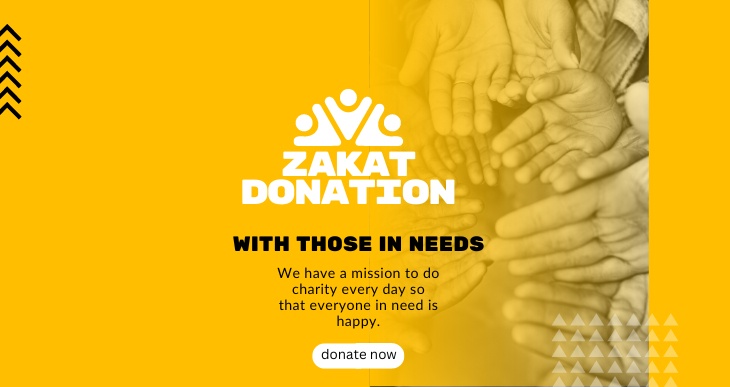Zakat is one of the Five Pillars of Islam and is considered a fundamental act of worship and charity for Muslims around the world. It is an obligatory form of giving, prescribed in the Quran, and involves donating a portion of one's wealth to those in need, particularly to support the less fortunate and alleviate poverty. The concept of Zakat emphasizes social justice, wealth distribution, and community solidarity. Here's a closer look at Zakat donation and its benefits for individuals and communities:
Definition of Zakat:
Zakat, which means "purification" or "growth," is the act of giving a portion of one's wealth (usually 2.5% of savings and assets) to those who are eligible to receive it. It is considered a form of purification of one's wealth and a means of seeking Allah's blessings and forgiveness.
Purpose and Intent:
The primary purpose of Zakat is to redistribute wealth and ensure the equitable distribution of resources within society. By fulfilling their obligation of Zakat, Muslims purify their wealth, demonstrate gratitude for their blessings, and fulfill their duty to support those in need.
Eligibility Criteria:
According to Islamic principles, Zakat can be given to specific categories of individuals, including the poor, the needy, those in debt, travelers, and those working in the cause of Allah (such as scholars or volunteers). Eligible recipients are determined based on specific criteria outlined in Islamic jurisprudence.
Impact on Individuals:
Zakat donation has a profound impact on the lives of individual recipients, providing them with essential support to meet their basic needs and improve their quality of life. It may be used to provide food, shelter, healthcare, education, or assistance in starting a small business, empowering recipients to become self-sufficient and independent.
Strengthening Communities:
Zakat plays a crucial role in strengthening communities and fostering solidarity among members. It promotes compassion, empathy, and social cohesion by encouraging those who have been blessed with wealth to share their resources with those who are less fortunate, thereby building a more equitable and compassionate society.
Economic Empowerment:
Zakat donation has the potential to stimulate economic growth and development within communities. By providing financial assistance to individuals in need, Zakat helps alleviate poverty, reduce inequality, and create opportunities for economic empowerment and upward mobility.
Spiritual Rewards:
In addition to its social and economic benefits, Zakat holds significant spiritual rewards for those who give it. Muslims believe that fulfilling the obligation of Zakat purifies their wealth, strengthens their faith, and earns them blessings and rewards from Allah. It is considered a means of spiritual growth and a demonstration of one's commitment to Islamic principles.
Philanthropic Impact:
Zakat donation is a form of philanthropy that has a lasting impact on society. It enables individuals to contribute to the welfare of their communities and support initiatives that address social issues such as poverty, hunger, healthcare, and education. Through Zakat, individuals participate in collective efforts to create positive change and improve the lives of others.
Global Outreach:
Zakat is not limited to a specific region or community; it is a universal obligation for Muslims worldwide. As such, Zakat donation has the potential to address global challenges and support humanitarian efforts in regions affected by poverty, conflict, natural disasters, and other crises.
If you want to like more information then visit our officially website: www.orphancare.co.uk.
In conclusion, Zakat donation is a cornerstone of Islamic faith and a powerful mechanism for addressing social inequality, poverty, and injustice. By fulfilling their obligation of Zakat, Muslims not only provide vital support to individuals in need but also contribute to the overall well-being and prosperity of their communities and society as a whole.


No comments yet